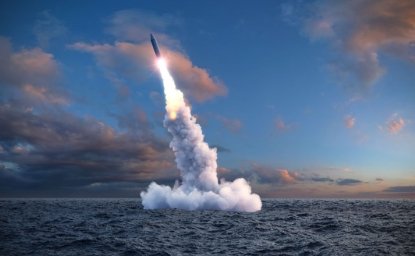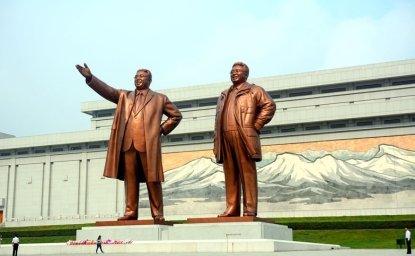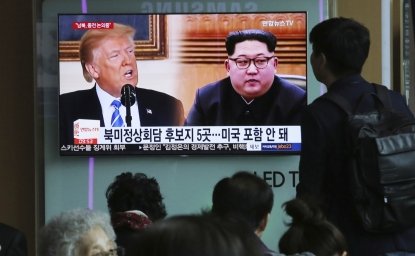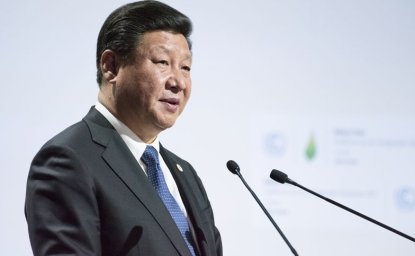As the nation and the its neighbors reel from an onslaught of natural disasters… hurricanes, earthquakes, wildfires, and tsunamis… resilience and the capacity to plan and respond to such events is being put to the test like rarely before. The Wilson Center’s Director of Population, Environment, Security, and Resilience, Roger-Mark De Souza, shares the three things he believes we need to do in response to what may become the new normal.
Roger-Mark De Souza is the director of population, environmental security, and resilience for the Wilson Center. He leads programs on climate change resilience, reproductive and maternal health, environmental security, and livelihoods, including the Global Sustainability and Resilience Program, Environmental Change and Security Program, and Maternal Health Initiative. Before joining the Center in 2013, De Souza served as vice president of research and director of the climate program at Population Action International, where he provided strategic guidance, technical oversight, and management of programs on population, gender, climate change, environment, and reproductive health. From 2007 to 2010, as the director of foundation and corporate relations at the Sierra Club, he led a multi-million dollar foundation and corporate fundraising program. Prior to working at the Sierra Club, he directed the Population, Health, and Environment Program at the Population Reference Bureau for 10 years, where he designed and implemented research, communications, and capacity-building projects in the United States, Africa, Southeast Asia, and Latin America and the Caribbean.







